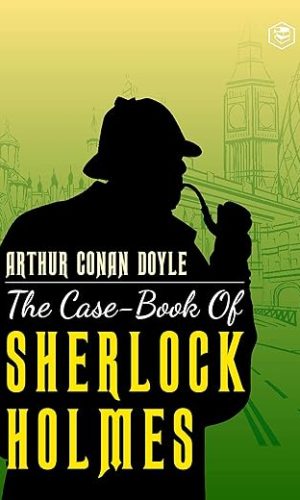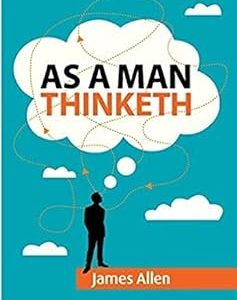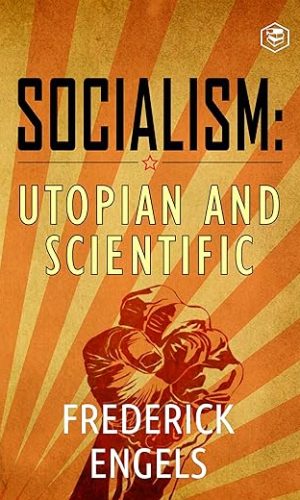-
The Case-Book of Sherlock Holmes
The Case-Book of Sherlock Holmes is the final set of twelve (out of a total of fifty-six) Sherlock Holmes short stories by Arthur Conan Doyle.The Case-Book of Sherlock Holmes includes ‘”The Adventure of the Illustrious Client”, “The Adventure of the Blanched Soldier”, “The Adventure of the Mazarin Stone”, “The Adventure of the Three Gables”, “The Adventure of the Sussex Vampire”, “The Adventure of the Three Garridebs”, “The Problem of Thor Bridge”, “The Adventure of the Creeping Man”, “The Adventure of the Lion’s Mane”, “The Adventure of the Veiled Lodger”, “The Adventure of Shoscombe Old Place” & “The Adventure of the Retired Colourman”.
Rip-roaring and spine-chilling, these stories have been intriguing readers for generations.
Read more
£0.40 -
As a man thinketh
James Allen (1864 – 1912) – British writer, known for motivating books and poetry. The most famous book of James Allen “As a man thinketh” was published in 1902 and is now considered a classic work on the self-development of man.The main idea of the book is that thoughts form a person: noble thoughts create a noble person, low thoughts make a person low. Allen’s books illustrate the use of the power of thought to change human capabilities. During his lifetime, he achieved neither glory nor wealth, but even now his works continue to influence people all over the world.Read more
£0.16As a man thinketh
£0.16



